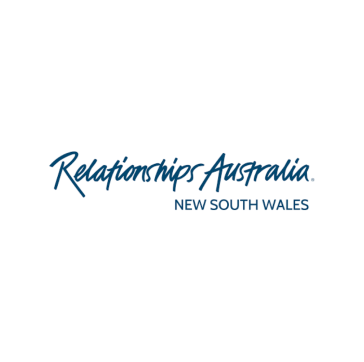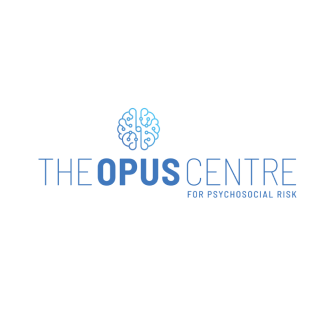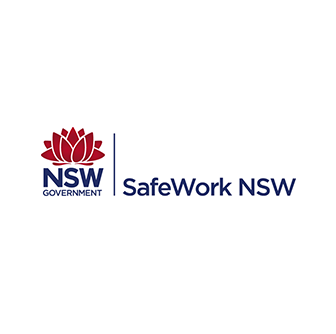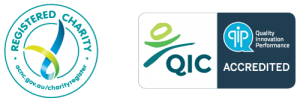Navigating Life Transitions
As life changes, so does our relationship with work.
From starting a new job, to starting a family, to retirement planning, and everything in between, we often need a little more support during times of transition.

Gagan Mudhar
Gagan is a Principal Psychologist at Transitioning Well and comes with over a decade’s worth of experience applying her skills to the workplace to help teams, leaders, and individuals thrive. Her work in coaching and leadership development has seen her support and positively shape the working lives of people across not for profit, private, academic, and government sectors.
Gagan has a passion for solving challenges for individuals and organisations to build cultures that are well and high performing. It is her belief that work should be a safe and accepting space for place for people to flourish, grow, and contribute meaningfully. Having worked in clinical practise to support people with their mental health, Gagan has a special interest in developing and maintaining mental health at work, coaching, and strengths-based development.
Gagan brings a deep sense of curiosity, warmth, and a collaborative approach to all her work - partnering with clients to understand their needs and making practical sense of psychological science. Outside of work, Gagan cultivates her deep love for learning with a good book or exploring the outdoors.

Build relationships where peers can feel comfortable and safe to share about changes in life circumstances, and where postive changes can be celebrated, and where the experience of change and transition is normalised
Share experiences, provide assistance, and offer a sense of community during times of change.
Support peers who are struggling with their transitions, offering to share workloads if appropriate and suggesting they seek help from supervisors or HR.

Take time to understand the unique needs of individual team members at different stages of life.
Tailor the approach taken for the team - something that might work for another team might not work for this one.
Be attentive to when an individual is going through a life transition, provide a safe environment for people to communicate about their experiences, provide support, flexibility, and autonomy.
If an employee is struggling due to a life transition, provide additional support and resources. This may include direction to written resources, the EAP or external support
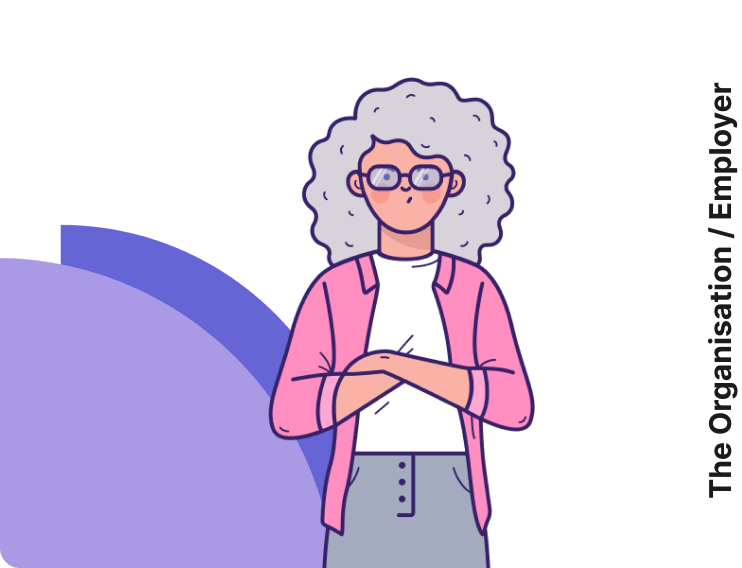
Understand the demographics of your workforce. Ensure that the mix of activities within your organisation covers the needs of the various demographics
Foster a culture that supports employees throughout their life transitions.
Implement policies to accommodate various life transitions and provide resources for support.
Have access to and provide resources and support for employees who might be struggling through a range of possible life transitions.

Government Agencies have produced many legislations, policies, resources and tools to help with workplace wellbeing. Examples are given for those in NSW only, do look around for similar resources in your state.
- For Employers: NSW Government offers a free Workplace Wellbeing Assessment Tool
- For Employers: The Public Service Commission also has a package of resources in this area.
- For Small Businesses: The NSW Government also funds a one-on-one coaching program. This is available for free to small business owners.
- SafeWork has resources which many of the topics covered in this initiative, including: Relationships, Over/Underwork, and much more.
There is a lot of informational resources and free support options from organisations outside those you work for. Examples are given for those in NSW only, do look around for similar resources in your state.
Informational Resources
- For Relationships: Relationship Australia NSW
- For Over/Under Work: The Opus Centre
- For Life Transitions: Transitioning Well and their Career Transition Series
A range of paid and cost effective support options are available to you. Examples are given for those in NSW only, do look around for similar resources in your state.
- Professional mental health services: For guidance in the mental health services within NSW, make a free call to the WayAhead Mental Health Directory
- Other professionals may be able to help for other specific needs, such as legal support, financial support etc.
- Coaches and other Educators can give positive skills and guidance in specific areas
 General Employees / Peers
General Employees / Peers

Building positive wellbeing
Peers and teammates have a unique proximity and understanding of each other's roles and challenges, enabling them to foster mutual empathy and support, thus building a positive wellbeing atmosphere.
Preventing possible harms
Being on the "front lines," they can directly influence day-to-day behaviors and attitudes, which can discourage harmful practices and promote healthier ones.
Addressing existing harms
Their shared experiences can make it easier for them to identify and empathize with struggles faced by peers, allowing for immediate support and companionship in seeking further assistance if needed.
 Managers and Leaders
Managers and Leaders

Building positive wellbeing
Managers, due to their leadership role, have the authority to shape team culture and practices in a way that promotes wellbeing and can advocate for resources or changes at higher organizational levels.
Preventing possible harms
Managers are uniquely positioned to monitor team dynamics and individual performance, allowing them to spot potential issues early and take preventative measures.
Addressing existing harms
They can provide direct support to those who are struggling, adjusting roles or work expectations, and connecting team members with organizational resources to help them navigate their challenges.
 The Organisation / Employer
The Organisation / Employer

Building positive wellbeing
Organizations have the capability to institute structural changes, create policies, and offer programs that foster a supportive work environment for all employees.
Preventing possible harms
By monitoring trends in employee satisfaction, performance, and wellbeing, organizations can identify and address systemic issues that might lead to harm.
Addressing existing harms
Organizations have the resources to provide support in the form of accommodations, professional assistance, or other interventions, depending on the nature and severity of the harm.
 Government and External support
Government and External support

Governmental Support
Government Agencies have produced many legislations, policies, resources and tools to help with workplace wellbeing. Examples are given for those in NSW only, do look around for similar resources in your state.
- For Employers: NSW Government offers a free Workplace Wellbeing Assessment Tool
- For Employers: The Public Service Commission also has a package of resources in this area.
- For Small Businesses: The NSW Government also funds a one-on-one coaching program. This is available for free to small business owners.
- SafeWork has resources which many of the topics covered in this initiative, including: Relationships, Over/Underwork, and much more.
External Support
There is a lot of informational resources and free support options from organisations outside those you work for. Examples are given for those in NSW only, do look around for similar resources in your state.
Informational Resources
- For National Insights: Superfriend
- For Relationships: Relationship Australia NSW
- For Over/Under Work: The Opus Centre
- For Life Transitions: Transitioning Well and their Career Transition Series
Paid Support Options
A range of paid and cost effective support options are available to you. Examples are given for those in NSW only, do look around for similar resources in your state.
- Professional mental health services: For guidance in the mental health services within NSW, make a free call to the WayAhead Mental Health Directory
- Other professionals may be able to help for other specific needs, such as legal support, financial support etc.
- Coaches and other Educators can give positive skills and guidance in specific areas
Transitioning Well acknowledges the research and expertise of Professor Emerita Nancy K. Schlossberg, whose pioneering work on human adaptation to transition and transition theory informs this presentation.
You can find out more about Nancy’s 4S Model and Transitioning Well’s The Transition Guide here.
For further information please refer to Nancy’s seminal book and website.
You can also find more information and support through Transitioning Well’s Career Transition Series developed in conjunction with the National Mental Health Commission (NMHC) here.
If you would like to get in touch with the team at Transitioning Well, please email info@transitioningwell.com.au.
If in doubt, seek support:
Here2Talk is a free over the phone service where you can get confidential support from experienced peer workers to manage feelings of stress, anxiety and burnout that are impacting your work and everyday life.
We All Have a Role to Play
3 October
Interpersonal Relationships
10 October
Overwork and Underwork
17 October
Life Transitions
24 October
An Evolution in Work, Health, & Safety
31 October
Endorsing Partners


Proudly supported by


